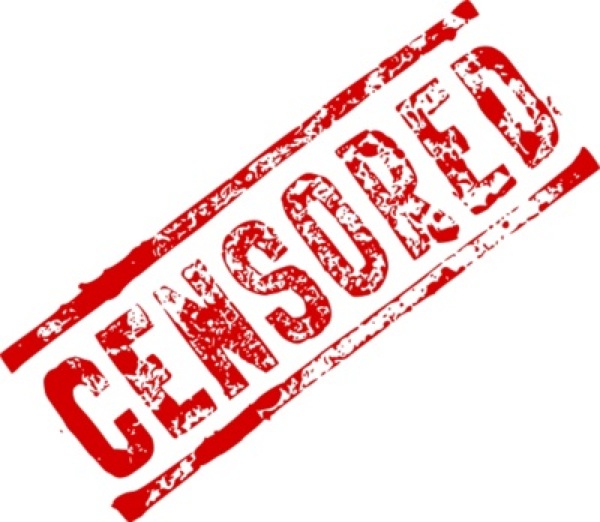Secure your place at the Digiday Media Buying Summit in Nashville, March 2-4

Deciding whether or not to censor content is a tricky matter for publishers and platforms. Facebook is notoriously quick to censor content it deems inappropriate (like pictures of two men kissing or women breast-feeding). Now Tumblr is getting in on some censorship action.
Last week Tumblr announced its new censorship policy, which bans “self-harm blogs” that glorify eating disorders. This is tricky territory, of course.
“We are deeply committed to supporting and defending our users’ freedom of speech, but we do draw some limits,” Tumblr writes in a blog post. “As a company, we’ve decided that some specific kinds of content aren’t welcome on Tumblr.”
The company has posted a draft of this addition to its content policy but is also asking the Tumblr community for its input. Do you think this move to censor is appropriate when plenty of other negative/violent/inappropriate content (like fat-bashing posts and posts about outward violence) gets the green light, as Johanna de Silento points out in her Thought Catalog article? Leave your stance in the comments.
More in Media

Digiday+ Research: Dow Jones, Business Insider and other publishers on AI-driven search
This report explores how publishers are navigating search as AI reshapes how people access information and how publishers monetize content.

In Graphic Detail: AI licensing deals, protection measures aren’t slowing web scraping
AI bots are increasingly mining publisher content, with new data showing publishers are losing the traffic battle even as demand grows.

In Graphic Detail: The scale of the challenge facing publishers, politicians eager to damage Google’s adland dominance
Last year was a blowout ad revenue year for Google, despite challenges from several quarters.





